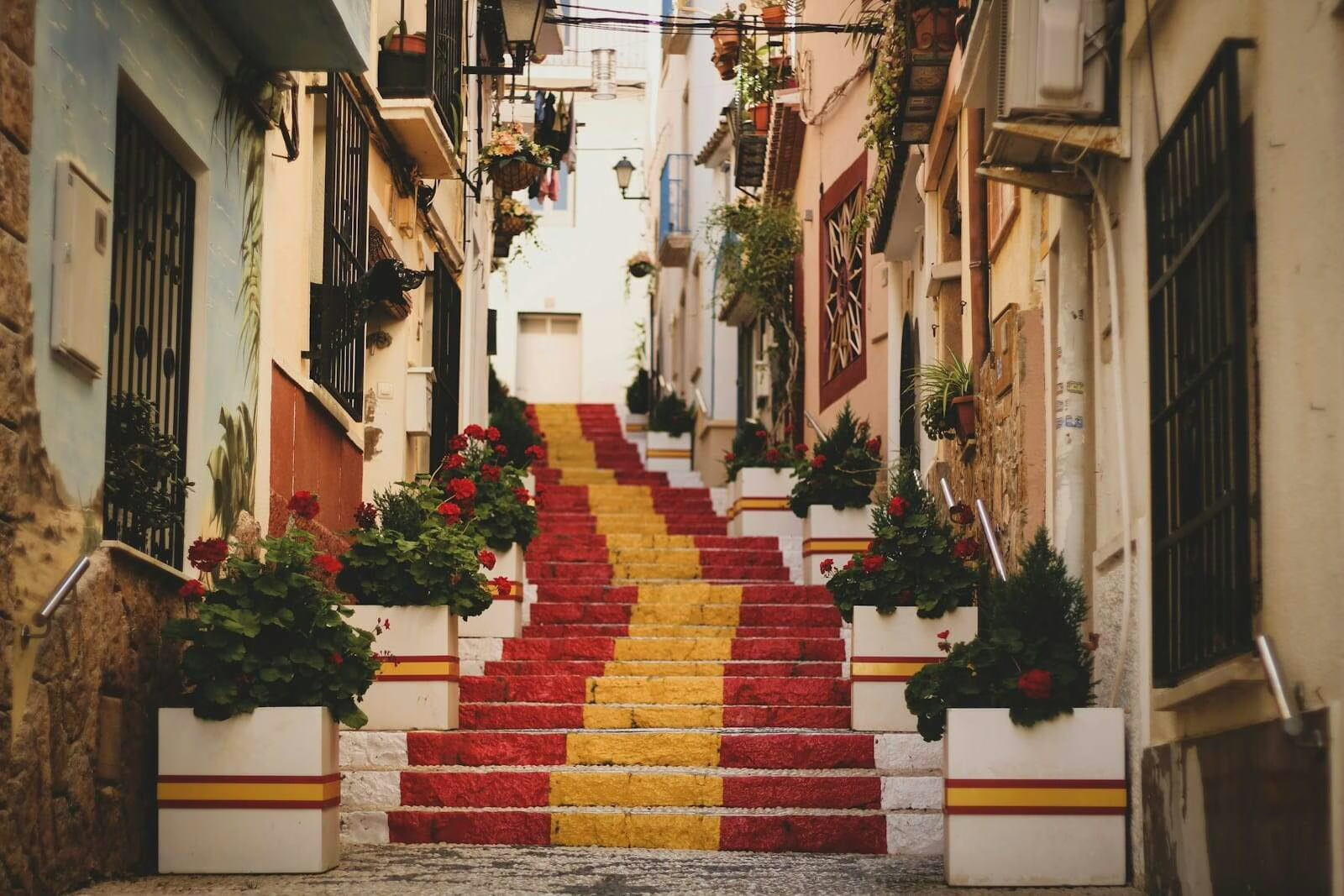Buying a property in Spain is a significant investment that brings with it both excitement and the need for extreme vigilance. In order to ensure the security and legality of your purchase in Spain, it is absolutely essential that you carry out a thorough due diligence before signing any binding contracts. This article will guide you through the most important aspects and documents of the property that you should check to avoid costly mistakes.
Why is background checking so important?
Although the Spanish legal system is well regulated, there can be various property issues that can create serious difficulties for the new owner:
- Debts: The property may have outstanding mortgages, liens, debts for taxes, utilities or to the condominium.
- Illegal buildings: parts of the property may have been built without permission or not properly registered.
- Discrepancies in documentation: differences between the actual condition of the property, its plans and the data in the Property Register or Cadastre.
- Planning: the property may be affected by future development plans (e.g. road widening, construction of a new building nearby).
- Occupancy: the property may be occupied by illegal occupants (okupas).
Who carries out the check and what documents are needed?
It is imperative that you hire an independent lawyer (Abogado) to carry out the full legal due diligence on your behalf. The assistance of a civil engineer/architect for technical verification is also recommended.
А. Legal review (by an attorney):
- Nota Simple:
- What it is: It is an official document from the Property Registry (Registro de la Propiedad) that provides up-to-date information about the property.
- What it shows:
- Owner: Who is the legal owner of the property and does the seller have the right to sell.
- Encumbrances (Cargas): whether the property has mortgages, liens, easements (right of way), restrictions on sale, or other encumbrances.
- Property description: the official description of the property (size, boundaries), which must correspond to reality.
- Why it is important: This is the first and most important document that gives a complete legal picture of the property.
- IBI (Impuesto sobre Bienes Inmuebles) – Receipts for annual property tax paid:
- What it is: proof of payment of the annual council tax.
- What it shows: that there are no accumulated debts to the municipality. Ask the last 4-5 years.
- Estatutos de la Comunidad (Condominium Rules) and a certificate of no debt:
- What it is: Documents describing the condominium rules (for apartment blocks and complexes) and a certificate from the manager (Presidente de la Comunidad) or administrator that there are no outstanding debts to the common areas.
- What it shows: whether there are debts to the condominium (the new owner is responsible for debts from the current and previous year). Also, whether there are rental restrictions (short term).
- Utility Receipts:
- What it is: proof of payment of electricity, water, gas bills.
- What it shows: That there are no accumulated debts to utility providers.
- Cédula de Habitabilidad (Certificate of Habitability) / Licencia de Primera Ocupación (First Occupancy Permit):
- What it is: Documents certifying that the property is habitable and built to code.
- What it shows: the legality of the property as a residence.
- Why it’s important: Without this certificate, you may have trouble registering utilities or renting.
- Energy Efficiency Certificate(Certificado de Eficiencia Energética – CEE):
- What it is: A mandatory document when selling that certifies the energy efficiency of the property.
- What it shows: Gives an idea of potential heating/cooling costs.
- Certificado Catastral (Cadastral Certificate):
- What it is: a Cadastre document that contains information about the location, area, ownership and cadastral value of a property.
- What it shows: It is compared with the data in the Property Register to check for discrepancies.
- Seller’s tax returns:
- The solicitor may request certain tax returns to ensure that there are no outstanding tax liabilities relating to the property.
B. Technical inspection (by a civil engineer/architect):
- Condition check: assessment of the structural condition of the building, roof, installations (plumbing, electrical), presence of moisture, mold, cracks.
- Check for illegal extensions: establish whether there are parts of the property (e.g. terraces, extensions) that have been built without permission and not registered. Regularising these can be expensive and time consuming.
- Estimating repair costs: gives a realistic idea of any repairs needed.
C. Financial Verification:
- Property price: compare the offered price with the current market prices in the area for similar properties.
- Any additional costs: budget 8-15% over the purchase price for taxes, fees, attorney fees, commissions, etc.
- Hidden debts: make sure there are no hidden debts (e.g. for mortgages, liens, debts to the municipality or condominium) that would be transferred to the new owner.
The role of the notary in Spain
The notary in Spain plays a key role. He is an official who:
- Ensure the legality of the transaction.
- Prepares and certifies the final deed of sale (Escritura Pública de Compraventa).
- Calculates and collects the taxes associated with the purchase.
- Registers the transaction in the Property Register.
Despite his important role, the notary does not represent the buyer or the seller and does not carry out a full legal examination in the interests of one party. His function is to ensure that the process is carried out legally and that all documents are signed correctly. This is why an independent lawyer is mandatory.
Conclusion
Checking a property in Spain before making a deal is the most important step in securing your investment. It is a complex process that requires a thorough knowledge of Spanish law and market practices. Hiring a qualified, independent lawyer is an absolute must. He or she will carry out a thorough legal review of the property’s documents, check for encumbrances and discrepancies, and protect you from potential problems. Only with such a thorough inspection can you be sure that your purchase in Spain is safe and profitable.
You might also like:
- How to avoid scams when buying property in Dubai
- Property yield: your compass in the world of real estate investment
- Property Market in Turkey 2025: Full Analysis, Risks, and Forecast for 2026
This post is also available in: Български







